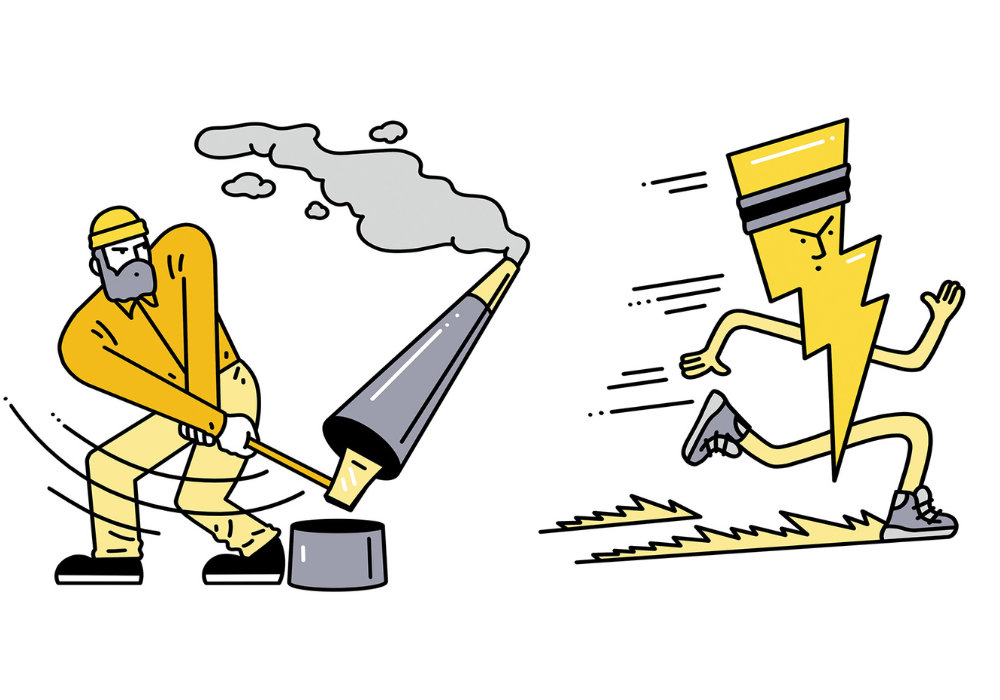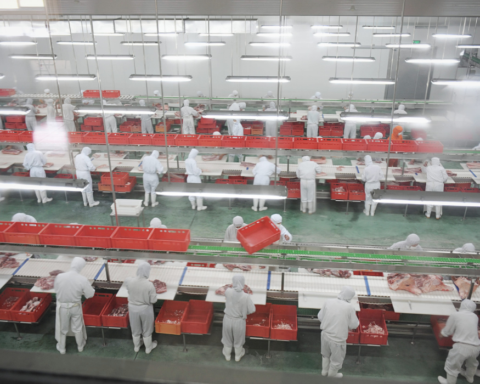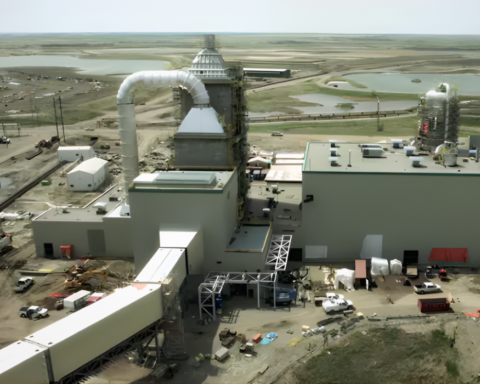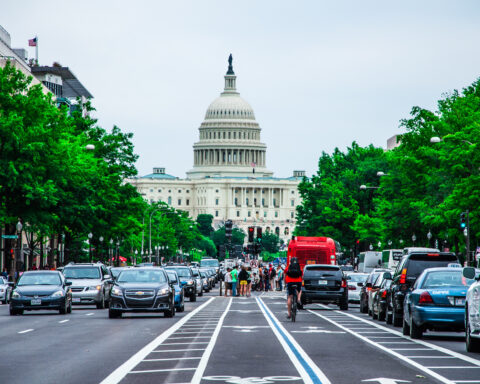The International Energy Agency (IEA) issued an update to its landmark roadmap to net-zero in September, laying out a scenario that could help us limit warming to 1.5°C. Now global leaders just need to forge the policies that will get us there at December’s COP28 climate summit in Dubai.
Accelerate electrification
Electric vehicles and heat pumps are booming technologies that will help provide nearly one-fifth of the emission reductions by 2030. EVs should account for two-thirds of new car sales, while heat pump sales are already tracking ahead of the 20% annual growth rate needed through 2030 in some markets.
Slash methane emissions
The IEA calls this “one of the least-cost opportunities to limit global warming in the near term.” The energy sector needs to curb its methane emissions by 75% by 2030, which should cost it roughly US$75 billion, the equivalent of just 2% of the oil and gas industry’s net income in 2022 alone.
Double the annual rate of energy efficiency
Achieving this by 2030 will save the equivalent of all oil consumption in road transportation today. Besides more energy-conserving electric motors and air conditioners, countries need to drive the switch to clean cooking-fuel solutions as well as the more efficient use of energy and materials.
Triple renewable-energy capacity
This means getting global renewable capacity to 11,000 gigawatts by 2030. Authorities should speed up the permitting process for renewables such as solar and wind, extend and modernize electricity grids, tackle supply chain bottlenecks, and ensure that variable renewables are securely integrated.
Boost global investments
The world is forecast to invest a record US$1.8 trillion in clean energy in 2023. It’s a strong showing, but that needs to nearly triple by the early 2030s. Getting there hinges on mobilizing $100 billion in climate finance support for emerging and developing economies.
Put the brakes on new oil, gas or coal projects
The IEA suggests that fossil fuel demand must drop by more than 25% by 2030, and 80% by 2050, if we’re to meet net-zero. “Therefore there will not be a need for new investments in oil and gas fields or . . . coalmines,” said the IEA’s Fatih Birol. “This age of seemingly relentless growth is set to come to an end this decade.”







